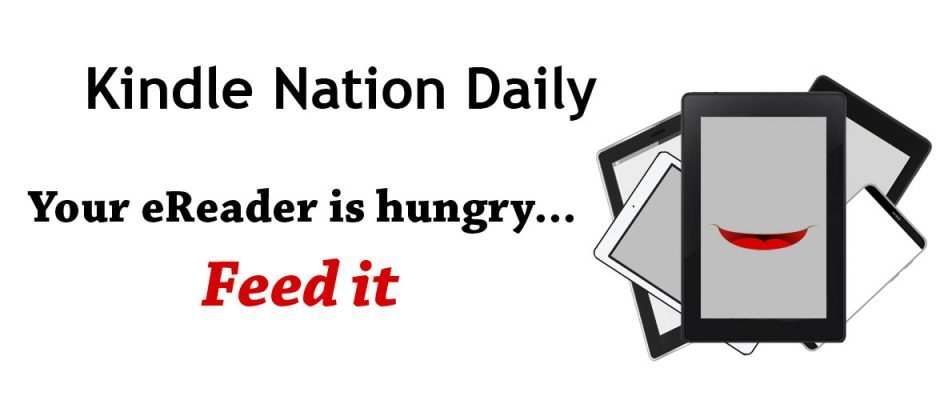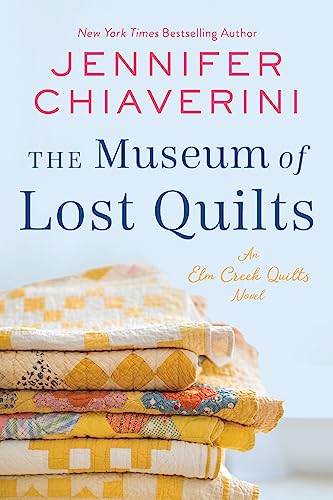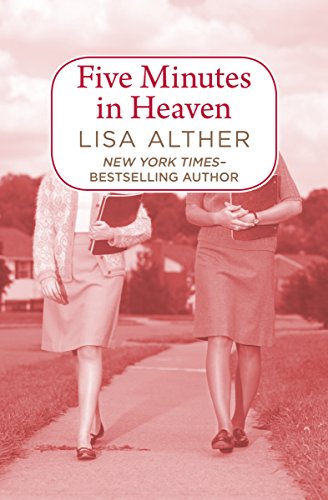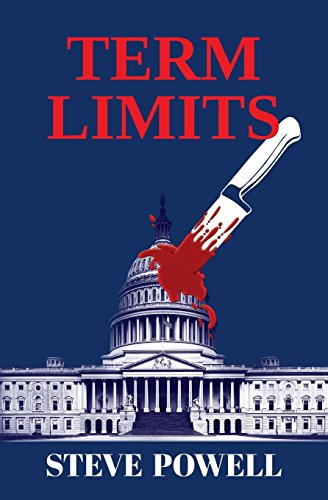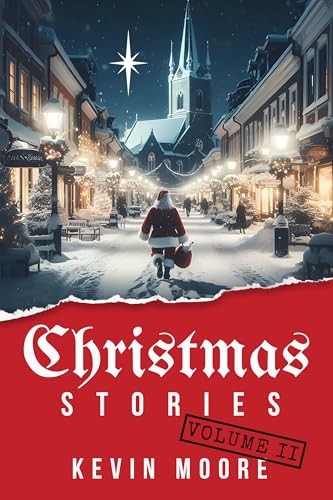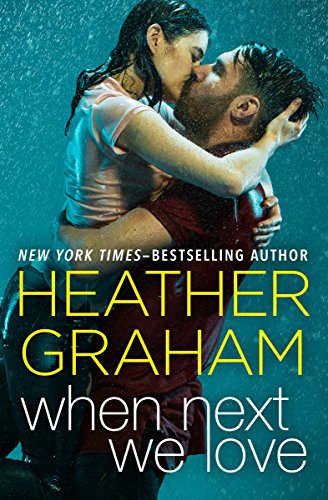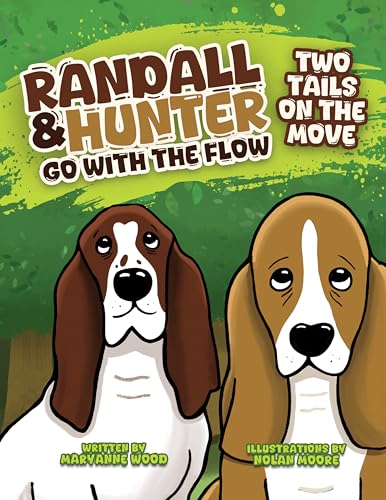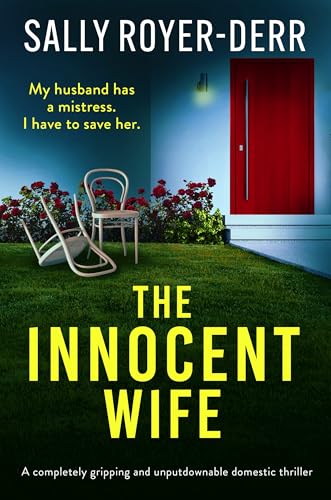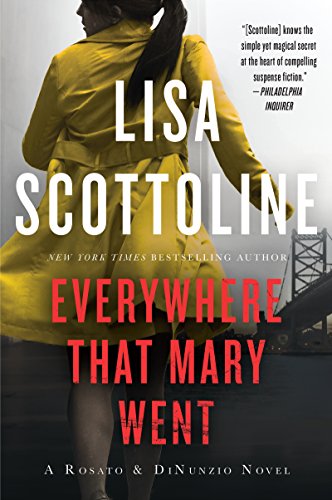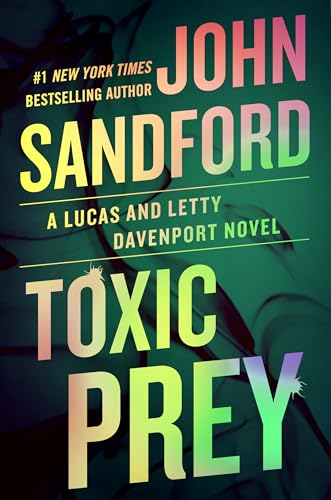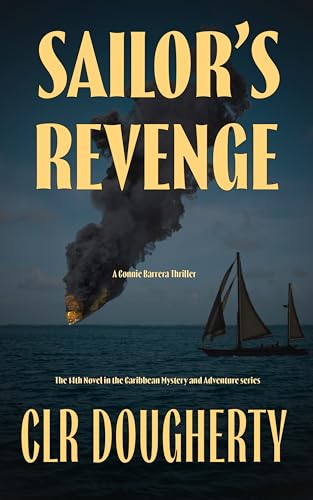Editor of Kindle Nation Daily ©Kindle Nation Daily 2010
“Kindle is a great way for authors to make different lengths of their writing available and to reach diverse audiences with their work,” said Stephen King in the press release, but he probably never expected the “different lengths” of his books to become quite the hindrance they would become to his sales and the viability of his pricing strategies.
King had hit the sweet spot 14 months earlier with Ur, a 40,000-word novella that featured excellent product placement for a Kindle that was, perhaps to some tastes, pretty in pink. Ur, priced at $2.99, quickly became the #1 bestseller in the Kindle Store. I figured that the 18,000-word Blockade Billy would achieve similar success, but King killed off his own chances for another bestseller by pricing the new ebook at $7.99, almost triple the price of Ur, despite the fact that Ur was much longer.
Blockade Billy never penetrated the top 25, and by the time the price was reduced to $4.99 the title carried the burden of several bad reviews from members of the Kindle community who were offended by the ebook’s high price. The opportunity for high visibility that comes quickly to most King books when they soar instantly into the top 10 had been lost, and significant focus had been placed on the notion that Blockade Billy provided too little bang for the buck. Blockade Billy was 44th in the Kindle Store for the last week in April, 36th for the month of May, and slipped to 77th in June and 149th in July: high levels indeed for most authors, but not the top 10 territory to which King has grown accustomed.
So what’s really going on here? Has Stephen King been reduced, like a baseball stringer for his local newspaper, to the indignity of being paid by the word or the column inch? Absolutely not, but he and his marketing or publishing people need to be aware of the price consciousness of Kindle readers so that they can set prices that will optimize sales and royalties and avoid creating a backlash that puts the focus primarily on pricing. Blockade Billy is a great baseball yarn. In all likelihood, had it been priced at $2.99 to begin with, it would have followed Ur at least into the top 10 in the Kindle Store, gained far more visibility, and ended up selling at least three times as many copies as it has sold in the $5 to $8 price range. It would, in all likelihood, have remained in the top 50 throughout the baseball season, and King and his people would have earned more in royalties despite the lower per-unit retail price.
As novelist J.A. Konrath wrote recently on his publishing blog: “Three bucks is a more than fair price for a full length digital book. (Full length is over 50,000 words.) If it’s under 50k words, go ahead and price it for less. Or put a few short pieces together to make a long piece.”
With his huge following, King may be able to get away with a higher pricing standard than Konrath sets for the rest of us, and he proved with Ur that he can charge $2.99 for a novella and do just fine. But as he should have learned with Blockade Billy, there are limits, even for him.
